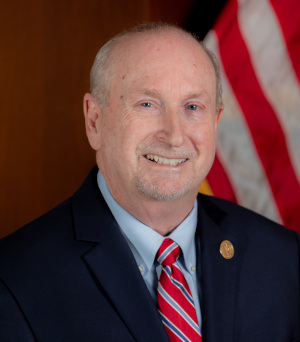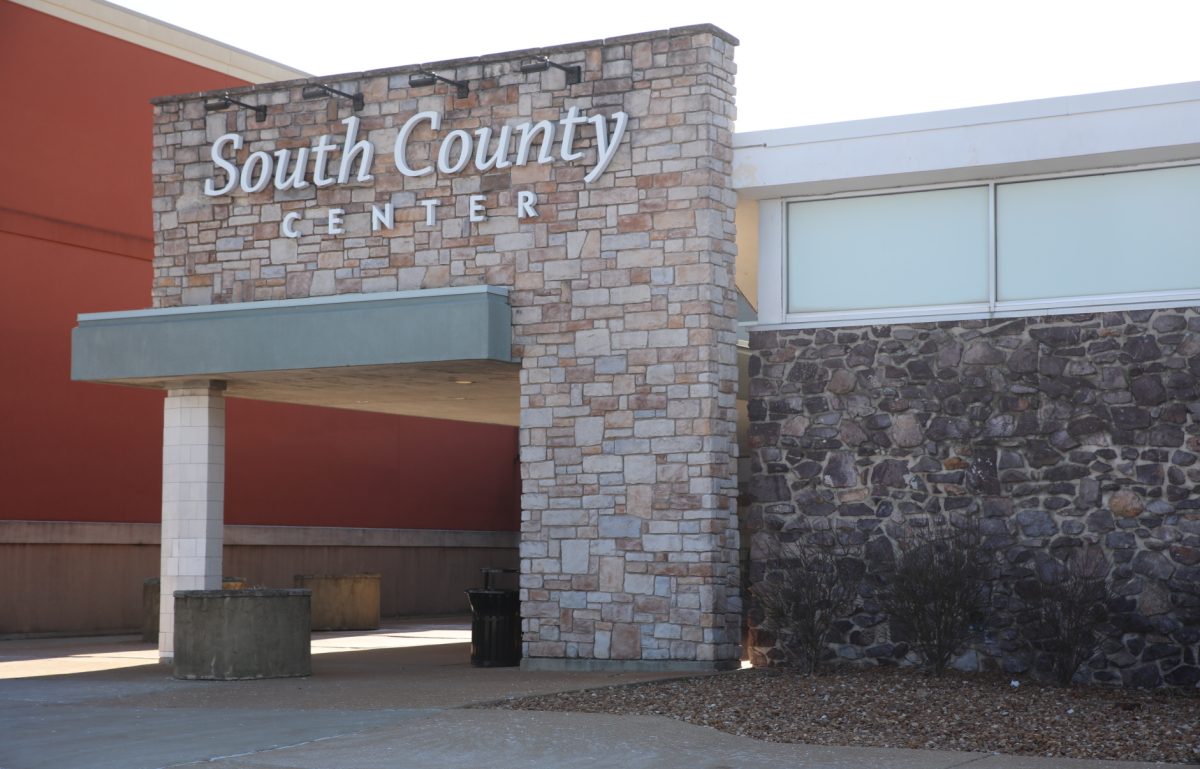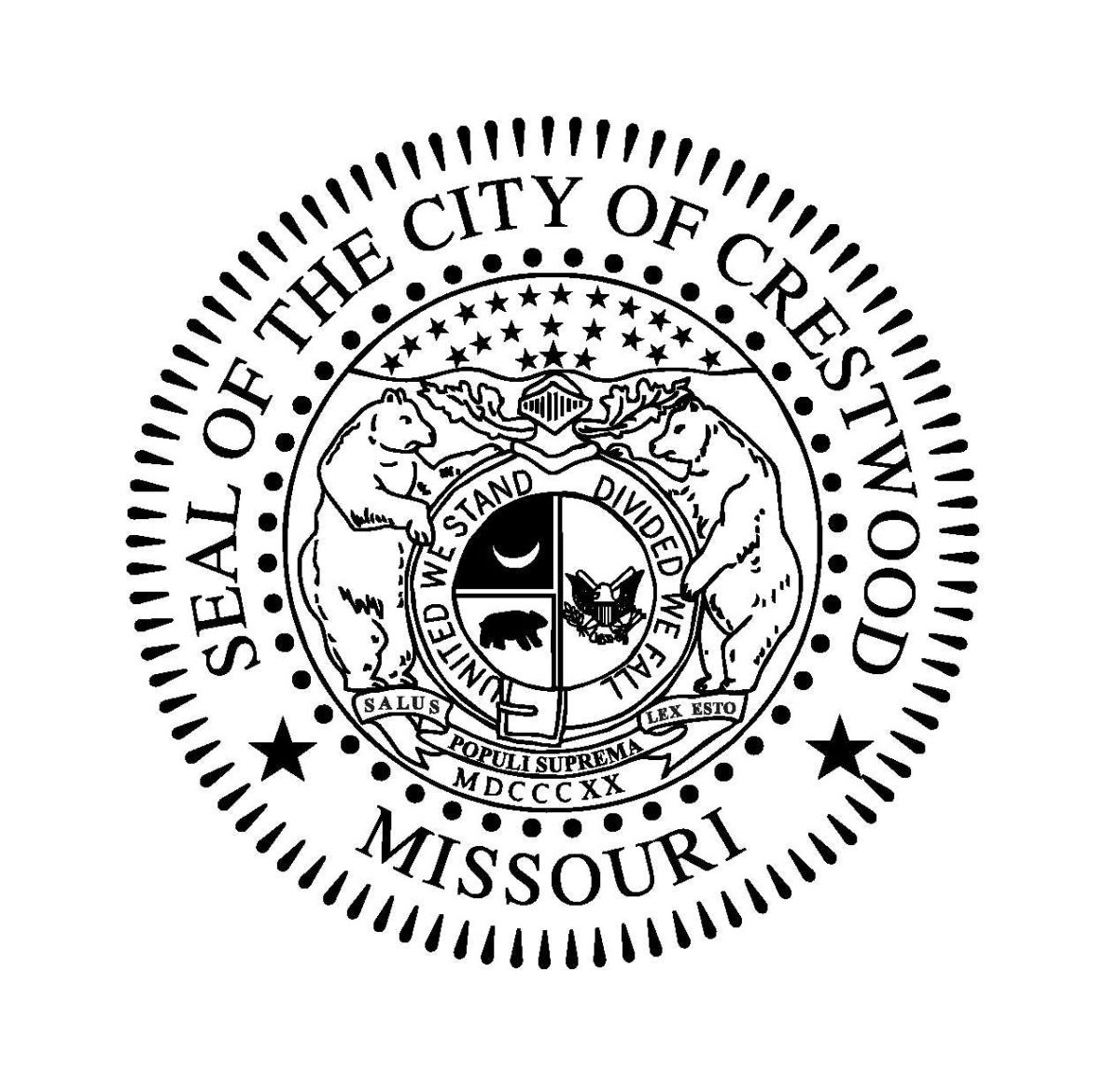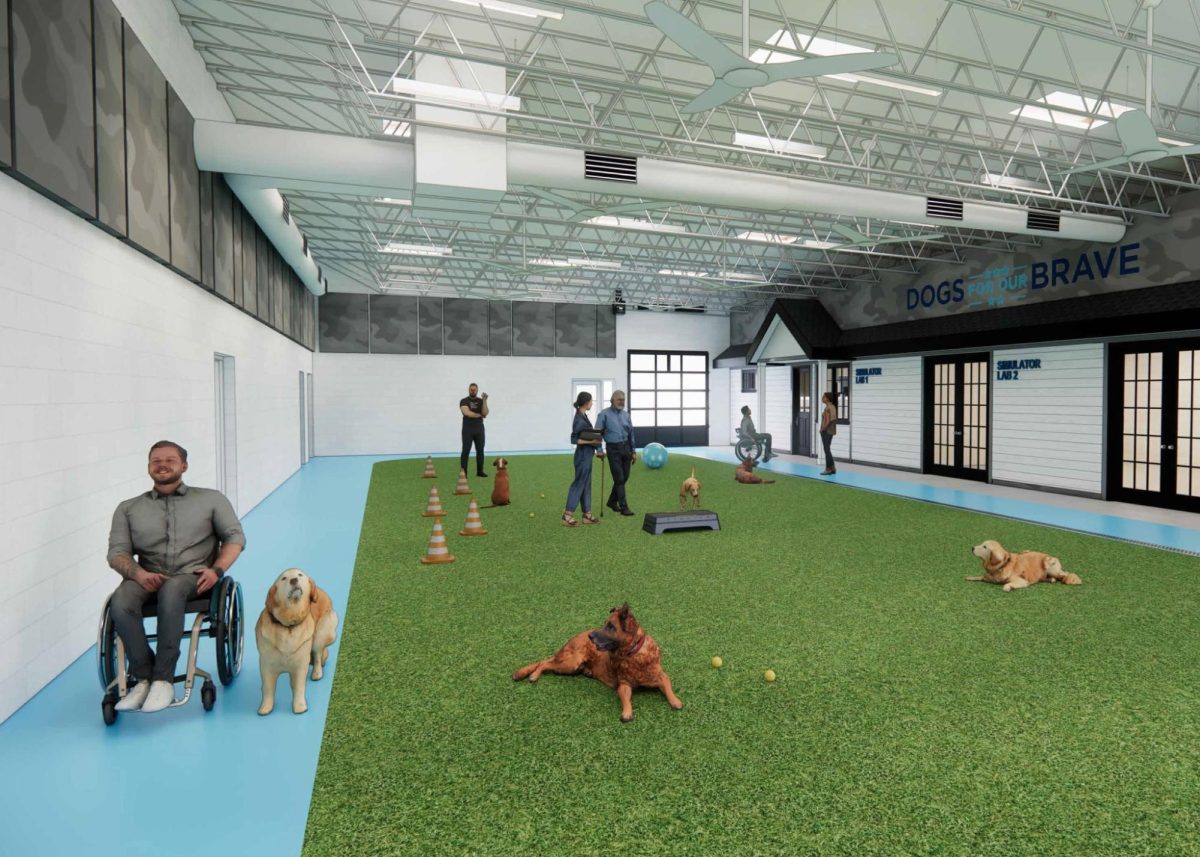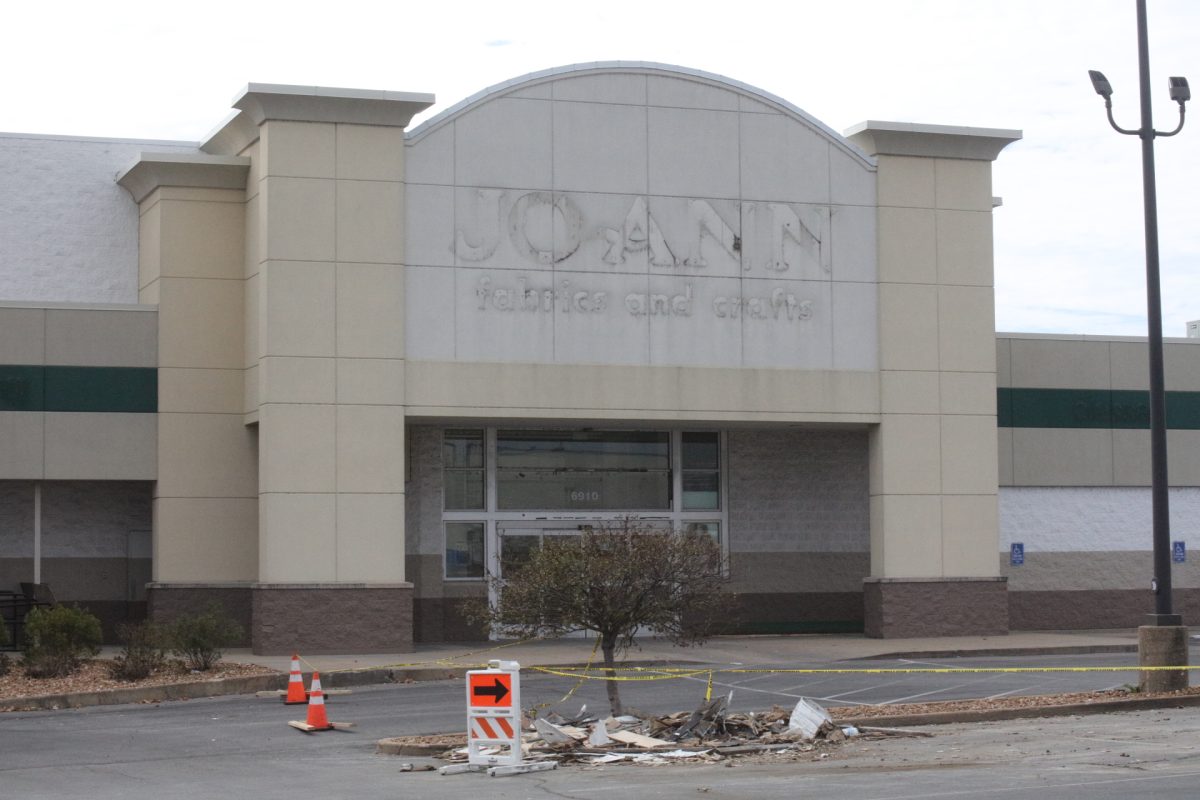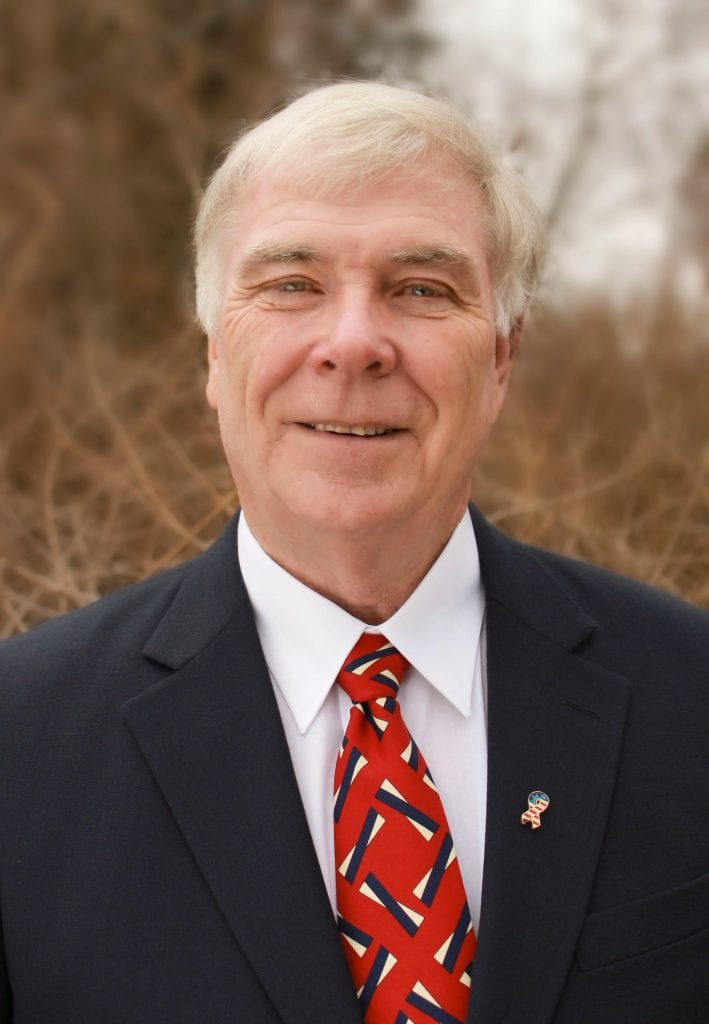In a Columbia parking lot on the afternoon of May 17, there was a reminder of Christmas.
It wasn’t leftover decorations or early preparations for a summer “Christmas in July” sale. It was the temporary tag on the back of a Jeep Cherokee that expired on Christmas Day.
Handed out by an auto dealer at the time of a November sale, the tag was the oldest of several found by The Independent during a short drive.
Until the sales tax is paid, as well as the titling and registration fees also due, none of those drivers can put a permanent metal license plate on their vehicles. And other motorists have been calling lawmakers asking why those vehicles are allowed to remain on the road.
“Of all the constituent phone calls my office gets, this aggravation probably ranks in the top two or three,” said Sen. Lincoln Hough, R-Springfield.
In a few years, there should be far fewer temporary tags in use beyond their expiration date. One of the little-noticed items tucked into a bill passed this year and sitting on Gov. Mike Parson’s desk would require auto dealers to collect the sales tax. The change will occur when a new computer system for reporting sales, authorized in a bill passed in 2020, is implemented in a couple of years by the Department of Revenue.
The attention-grabbing part of the bill would ban texting while driving for all motorists. The bill also has provisions protecting franchise dealers from moves by car makers to shift sales online and setting rules for manufacturer payments for warranty repairs.
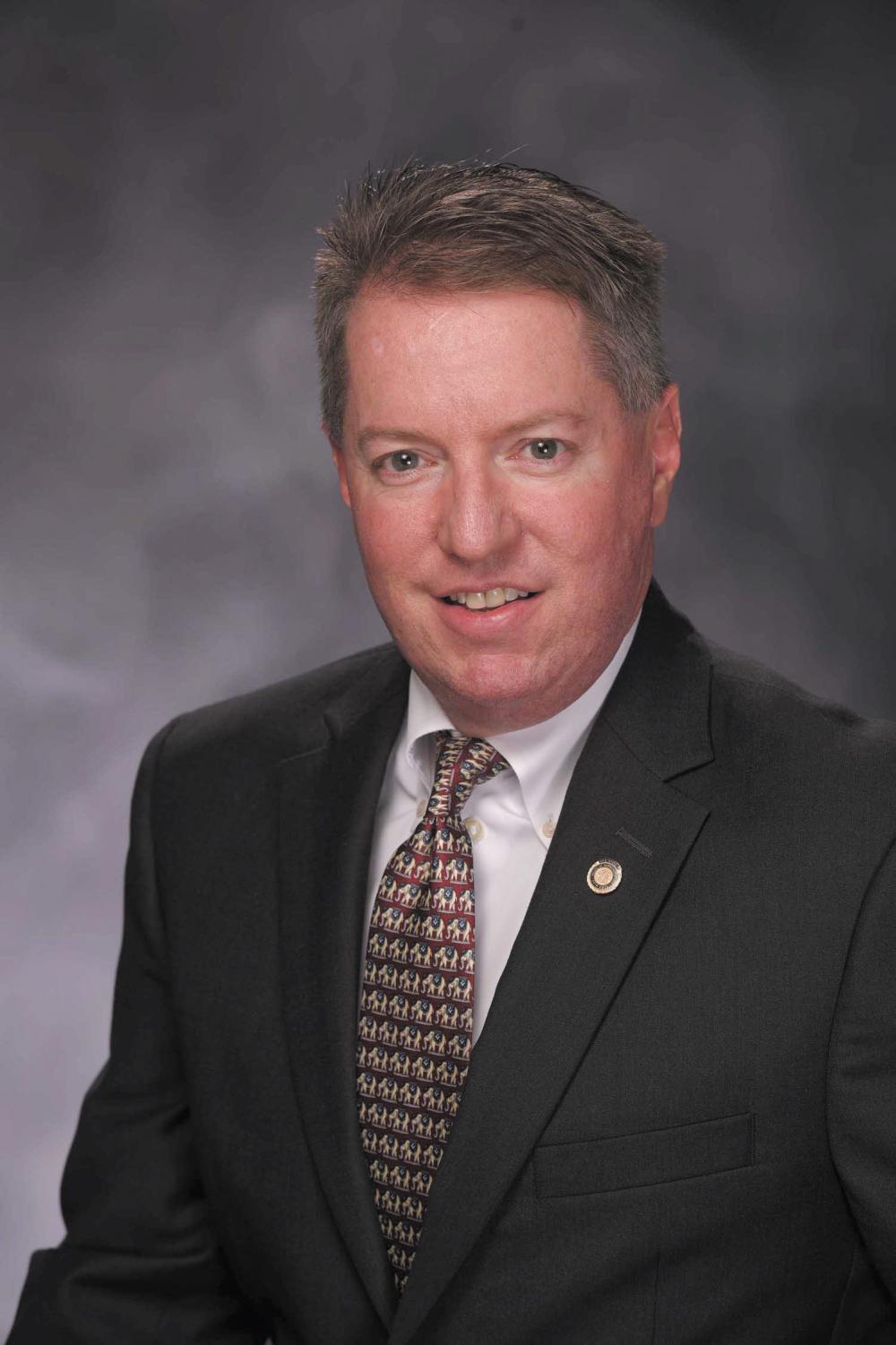
Several lawmakers sponsored bills this year to cut down on expired tags, including proposals to allow payment plans for delinquent taxes. Hough and South County Rep. Mike O’Donnell, R-Oakville, sponsored bills for dealers to collect the tax.
“It is one of those things that a lot of people get calls at their offices about,” Hough said in an interview. “We don’t always know the best solutions.”
At a February hearing on O’Donnell’s bill, Missouri Association of Auto Dealers lobbyist Jay Reichard estimated that up to $60 million in auto sales taxes were delinquent. The dealers are paying an extra administrative fee for the new computer system, estimated to cost $120 million, and the system is designed for dealers to collect the tax.
“We think this is a great thing for our customers,” Reichard said. “They want to go to one place and get the job done.”
The bill directs the collections to begin “as soon as technologically possible” and the department estimates it will be about two years before the new system is ready.
The sales tax on a new car can rival the amount of a down payment. With rates as high as 11% in some locations, a $50,000 automobile can wrack up a $5,500 tax bill.
Car sales generated $417.1 million in state sales tax in fiscal 2022, according to the fiscal note on O’Donnell’s bill. Local governments received $340.7 million.
“We are the only entity in the state that does not collect sales tax at the point of sale,” Reichard noted, adding that dealers collect taxes in almost every other state.
In his testimony, O’Donnell said he anticipates the change would reduce the number of expired temporary tags by 90%. Not being able to afford the lump-sum sales tax is the primary reason for delayed registrations, he said.
Dealers would have an incentive to include the taxes in the financing of purchases, O’Donnell said.
“If it is difficult to come up with $2,000 all at once,” he said, “perhaps you can do it at $30 a month.”
Missouri Independent is part of States Newsroom, a network of news bureaus supported by grants and a coalition of donors as a 501c(3) public charity. Missouri Independent maintains editorial independence. Contact Editor Jason Hancock for questions: info@missouriindependent.com. Follow Missouri Independent on Facebook and Twitter.








